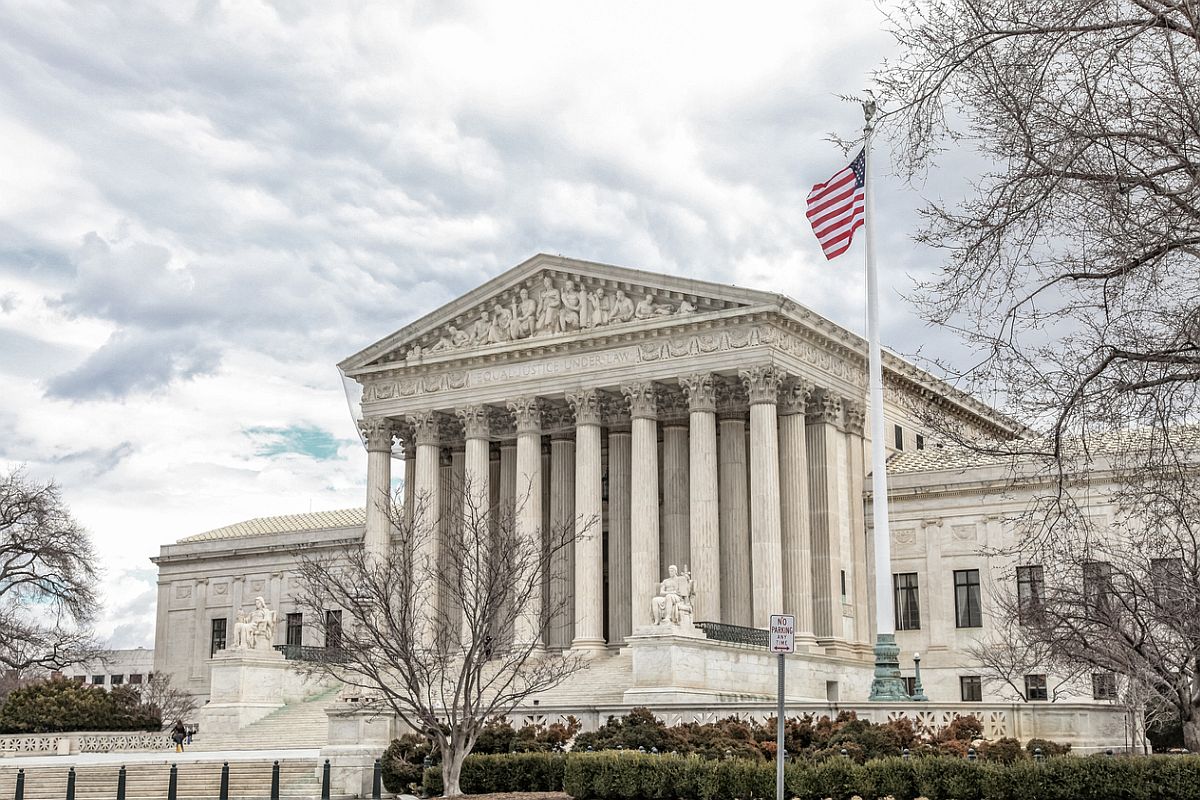The decision of the United States Supreme Court to stay a lower court’s judgment restricting access to a pill widely used for termination of pregnancies has re-ignited the furious battle over women’s reproductive rights in the country. The top court granted emergency requests by the country’s Justice Department and the manufacturer of the pill to put on hold a preliminary injunction by a district judge in Texas.
But the battle for use of the drug, cleared by the Federal Drugs Administration more than two decades ago, is far from over, and will now play out in a Court of Appeals, whose verdict is certain to be challenged by the aggrieved party before the Supreme Court. Those seeking a ban on the drug claim that the FDA had illegally approved it, and lifted critical safeguards in order to make it easily accessible to women seeking abortions.
Advertisement
The drug mifespristone, taken with mifosprotol, is used for half of the terminations of the pregnancy in the country, and the FDA argues that its use by millions of Americans over the past two decades has shown it is both efficacious and safe.
The order by the Supreme Court was welcomed by President Joe Biden who said he continued to stand by the FDA’s evidence-based approval for the drug. He said: “My administration will continue to defend FDA’s independent, expert authority to review, approve and regulate a wide range of prescription drugs.”
He said lower court judgments undermined the FDA’s competence and put women’s health at risk. While abortion rights groups have welcomed the Supreme Court’s order, they realize that their battle is far from over, and that the storm of reactions which followed the Court’s ruling last year to overturn the historic Roe v Wade judgment is unlikely to abate soon.
The Court, in a landmark ruling last June, had refused to accept that a woman has a constitutional right to abortion while upholding a Mississippi law that banned abortions after 15 weeks. Holding that the US Constitution makes no specific mention of abortion, the conservative-dominated bench had opened the doors for states to ban medical terminations of pregnancy.
Already, 13 states have banned abortions while many others have placed severe restrictions. The ban on the abortion pill would have come as an additional blow to women, and forced many to return to quackery, argue abortion-rights advocates.
The contentious issue has divided Americans deeply, and was believed to have been a key factor in the surprisingly good showing of Democrats in the US midterms last year.
The spotlight being turned firmly back on abortion means that it will remain a critical electoral issue in the presidential battle next year. Republicans, who were stunned by the midterm results, must realize that even those women who otherwise support them may be swayed away by the ban on abortions.
But the party banks heavily on the support of conservative groups that support such a ban. But for now liberals and abortion-rights advocates can breathe a sigh of relief.











